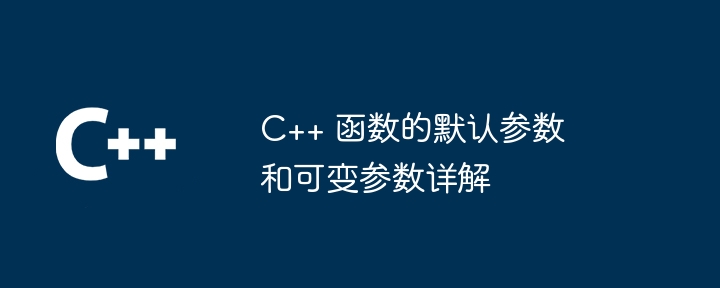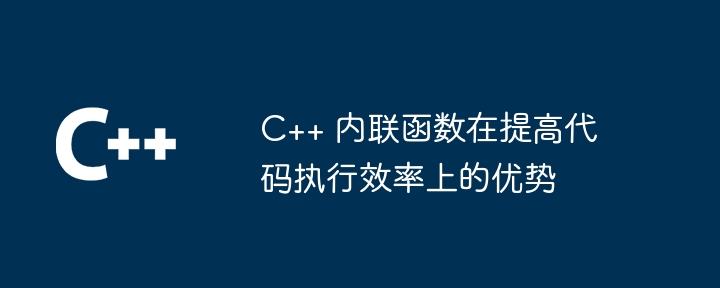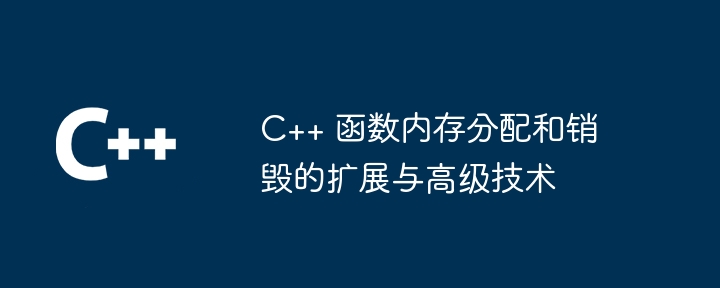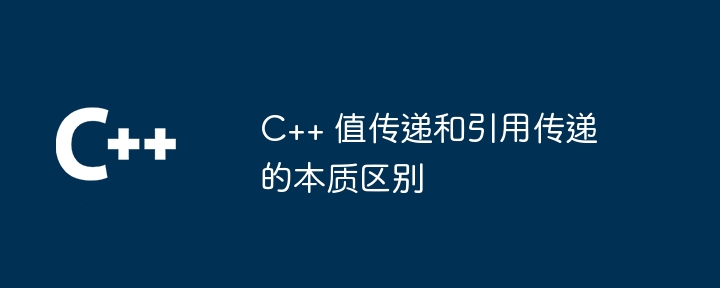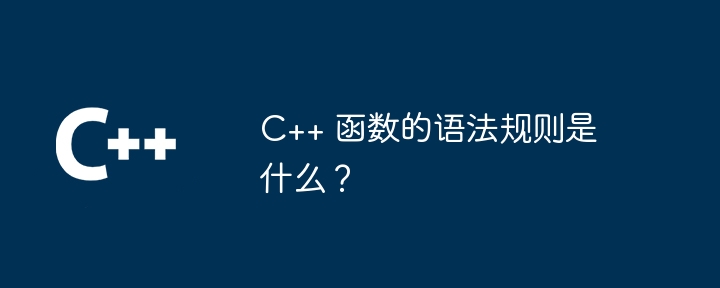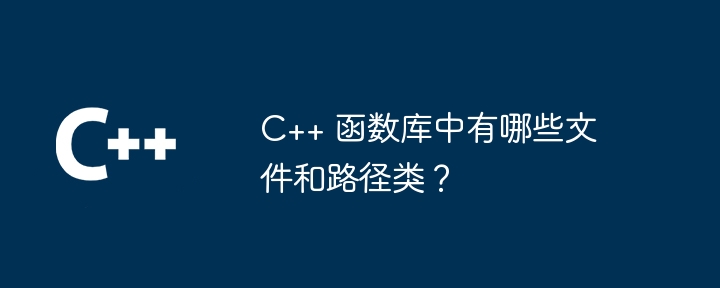异常处理是 C++ 中用于处理运行时错误的机制。通过 throw 抛出异常,并使用 try、catch 和 finally 代码块捕获和处理异常。具体语法如下:try { // 可能引发异常的代码 }catch (const std::exception& e) { // 捕获并处理异常 }catch(...) { // 捕获所有异常 }
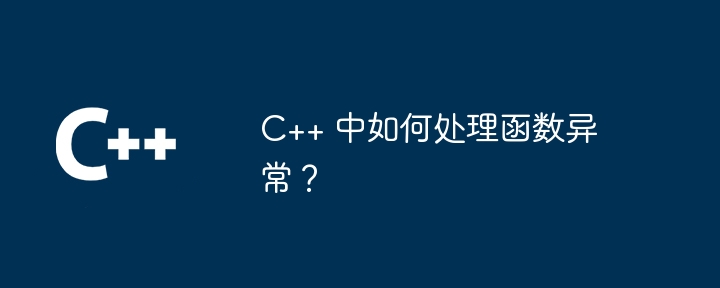
如何在 C++ 中处理函数异常
异常处理是 C++ 中处理运行时错误的一种机制。使用 throw 关键字抛出异常,并使用 try、catch 和可能选项 finally 代码块来捕获和处理异常。
语法:
try {
// 可能引发异常的代码
} catch (const std::exception& e) {
// 捕获并处理异常
} catch(...) {
// 捕获所有异常
}实战案例:
考虑以下函数,该函数将字符串转换为整数:
int string_to_int(std::string str) {
try {
int num = std::stoi(str);
return num;
} catch (const std::invalid_argument& e) {
std::cout << "无法将字符串转换为整数" << std::endl;
return -1;
} catch (const std::out_of_range& e) {
std::cout << "整数超出范围" << std::endl;
return -1;
}
}在主函数中使用该函数:
int main() {
std::string input = "123";
int num;
try {
num = string_to_int(input);
std::cout << num << std::endl;
} catch (const std::exception& e) {
std::cout << "出现异常: " << e.what() << std::endl;
}
return 0;
}优点:
